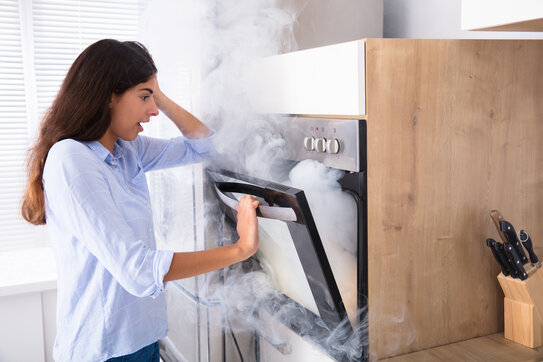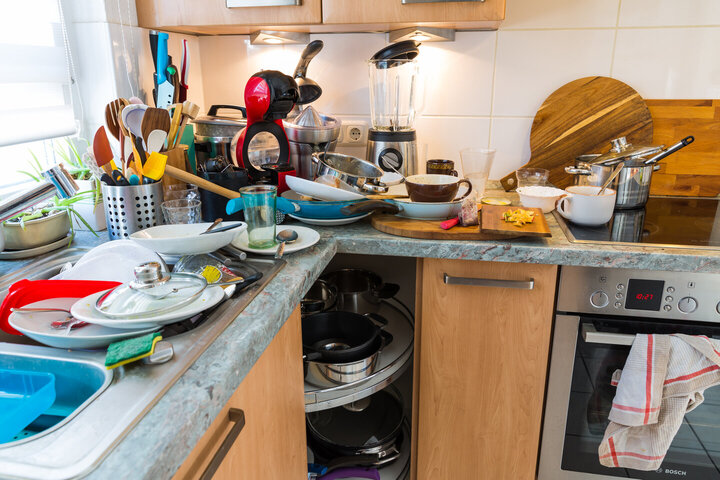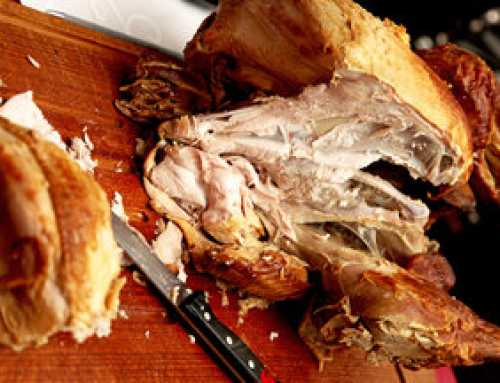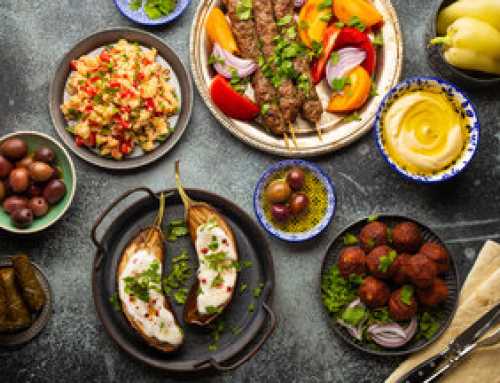Are you panicking because your son or daughter is heading off to an off-campus college apartment and… gasp… you realize the apartment has a kitchen and your kids are no longer on the school’s meal plan?
Did teaching your kids some basic cooking skills get lost in the shuffle while you were frantically trying to teach them how to do their laundry?

Fear not. Even if your kitchen skills are not up there with the Master Chefs, you can still pass on the ability for your kids to cook for themselves.
When our kids move off to college and live in their first apartment, having basic cooking knowledge can make a significant difference in their health, budget, and overall well-being. Let’s explore several crucial things that every mom should teach their kids about cooking before they venture off to college. Who knows,you make pick up a tip or two for yourself along the way!

Creating a Safe and Nurturing Culinary Environment
In the realm of cooking, safety is the foundation upon which culinary confidence is built. Before we teach our children the art of cooking, it’s essential to instill a strong sense of kitchen safety. Three key aspects to emphasize are knife safety, proper food storage, and proper food handling.
Knife Safety:
Knives are powerful kitchen tools that demand respect and careful handling. Teach your kids to use knives with the utmost caution and focus.
- Always hold the knife by the handle with a firm grip, keeping fingers away from the blade.
- Cut away from the body and use a non-slip cutting board to prevent accidents.
- Store knives safely in a designated knife block or on a magnetic strip to avoid loose blades in drawers.
- It may seem counter intuitive but sharp knives are safer than dull knives. Keep your blades in good, honed condition.
Proper Food Storage:
Understanding proper food storage is crucial for maintaining food quality and preventing foodborne illnesses.
- Store raw meat, poultry, and fish separately from ready-to-eat foods to prevent cross-contamination.
- Refrigerate perishable items promptly at or below 40°F (4°C) to maintain freshness and prevent bacterial growth.
- Seal containers tightly to avoid mixing odors and label leftovers with the date for tracking freshness.
Proper Food Handling:
Proper food handling practices are essential to prevent foodborne illnesses and maintain food safety.
- Wash hands thoroughly with soap and water before and after handling food, especially raw meat, eggs, or fish.
- Use separate cutting boards for different types of food, particularly when preparing raw meat.
- Defrost frozen food in the refrigerator or microwave, avoiding leaving it at room temperature.

How to Organize a Kitchen:
An organized kitchen makes cooking more efficient and enjoyable. No one needs the stress of scrambling to find the peanut butter after a late night of cramming for the next day’s exam. Here are some tips to help beginner cooks create an organized culinary space:
- Categorize and Group: Group similar items together. Keep utensils, cutting boards, and cooking tools in one drawer. Store baking ingredients and supplies together, and group pots and pans in a designated cabinet.
- Arrange by Frequency of Use: Place frequently used items within easy reach. Keep everyday cooking essentials, such as cooking oils, spices, and utensils, in accessible areas.
- Use Clear Containers: Store dry goods, such as rice, pasta, and grains, in clear, airtight containers. This allows you to see the contents and helps keep them fresh.
- Label Everything: Label containers and shelves to identify items quickly. This saves time when searching for ingredients during cooking.
- Utilize Vertical Space: Make the most of vertical space by installing shelves or hooks to hang utensils, pots, and pans. This frees up valuable counter and drawer space.
- Create a “Cooking Zone”: Designate a specific area as the “cooking zone” with all essential tools and ingredients within arm’s reach of the stove.
- Maintain Regularly: Regularly clean and organize your kitchen to ensure it remains clutter-free and functional. Okay- this may be a fantasy. but it couldn’t hurt to mention it!
![]()
As moms, we play a vital role in shaping our children’s future, and teaching them how to cook for themselves is an invaluable gift. By covering kitchen safety, knife skills, food storage and proper handling, you’re setting the foundation for our kids to explore the culinary world with confidence.
This post is part one in a series of two. In the next post, among other topics, we’ll cover budget must-have appliances, staples, and share some delicious yet wallet-friendly recipes. Stay tuned…
Armed with these essential cooking skills, they’ll not only survive but thrive in their college life and beyond. Time to stop panicing and start looking forward to seeing what your kids will cook up in their future.
Happy cooking and remember, you’ve got this!
Pow! Bang! Yum!
![]()
![]()
![]()
![]()
![]()
![]()
![]()
![]()
![]()
![]()
![]()
![]()
![]()
![]()
![]()
![]()
![]()
![]()
![]()
![]()
![]()
![]()
![]()
![]()
![]()
Looking for some quick and easy one pan recipesto get you out of the kitchen faster? You’ll find them HERE
Tired Of Being A Hot Mess Just Thinking About
Cooking Weeknight Dinners ?


🤔 We all know how hard it is to constantly come up with healthy meal ideas … and then find the time to actually cook them!
That’s exactly why I put together my brand-new Easy One-Dish Recipe Guide.
Inside is a dozen of my favorite ONE-DISH recipes that:
✅ taste delicious
✅ take minimal prep work
✅ are made in a single dish
✅ make a complete balanced meal
✅ are easy to clean up
I handpicked these recipes to fit almost every type of diet … all you have to do is choose the ingredients based on your tastes and preferences!
Want a copy? Just click below, tell me where to send it, and grab your free digital copy now! ⬇️⬇️






Leave A Comment